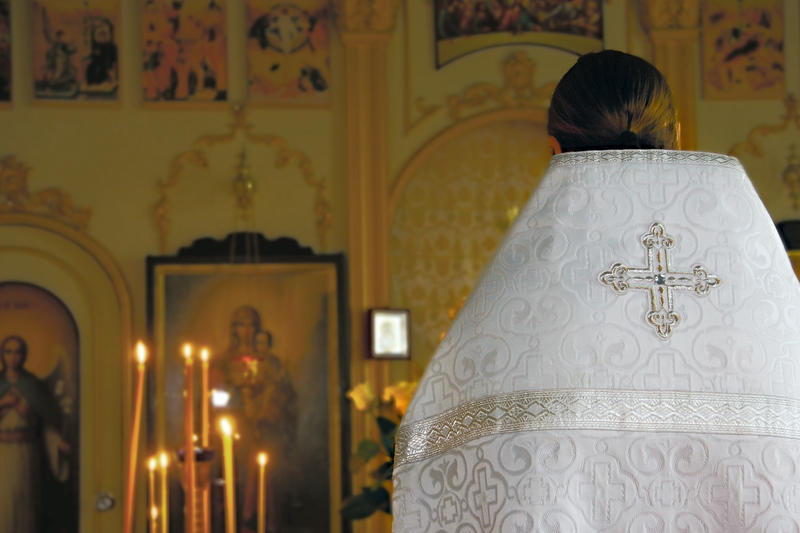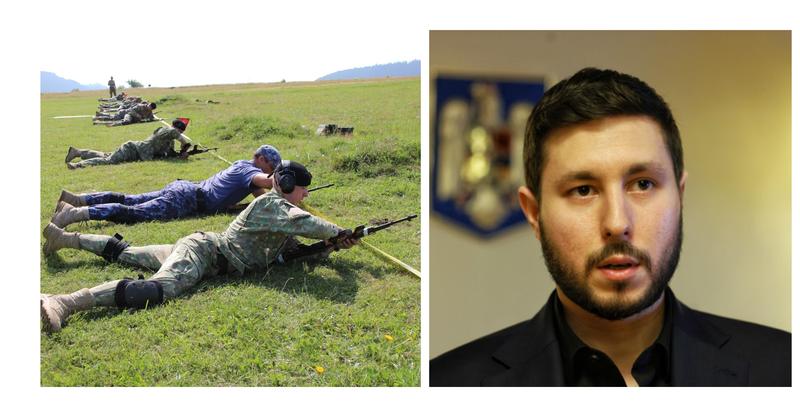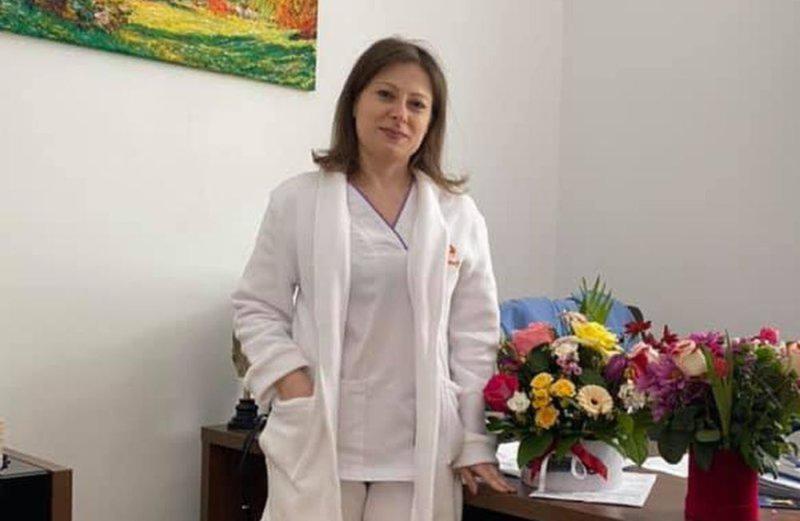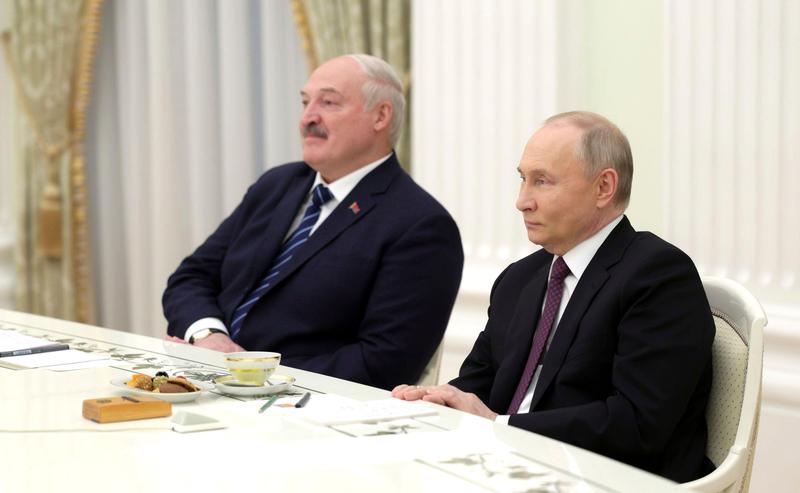Old EU member states must decide by April this year whether to maintain a series of restrictions for the citizens of new member states related to the free circulation of labour on Western markets. Many of the old members have been expressing their options for a EU-wide single labour market.
The first 2-year "testing" period fixed by the core 15 members in this regard expires on April 30, 2006. By then, all the states must opt officially on the free movement on workers for the years to come.
In 2004, the old member states introduced interim restrictions in this regard in an effort to diminish the many implications of the major wave of enlargement two years ago, when 10 new members joined the EU. The restrictions have been applied for eight of the ten – all but Malta and Cyprus.
From the very beginning, Ireland and Sweden abstained from imposing any restrictions, while Britain opted to introduce a plan of compulsory registration of incoming workers. On the other hand, Hungary, Poland and Slovenia invoked the principle of reciprocity in labour relations with the core 15 members.
The free movement of people is one of the fundamental freedoms guaranteed by EU law and is seen as an essential element of the EU citizenship. European rules in this regard also apply to Iceland, Liechtenstein and Norway).
The accession treaty allows for the introduction of interim measures. The 2+3+2 year arrangement, as it is known in the EU, forces the 15 old member states to express their views related to the free movement of people on their labour markets by May 2006, then by May 2009 and eventually by May 2011.
It is only then that it will be clear whether restrictions will still be imposed or the market will be fully free.
A European Commission report in February 2006 shows the citizens of the new member states have moved in fewer numbers than expected in the old 15 member states.




















